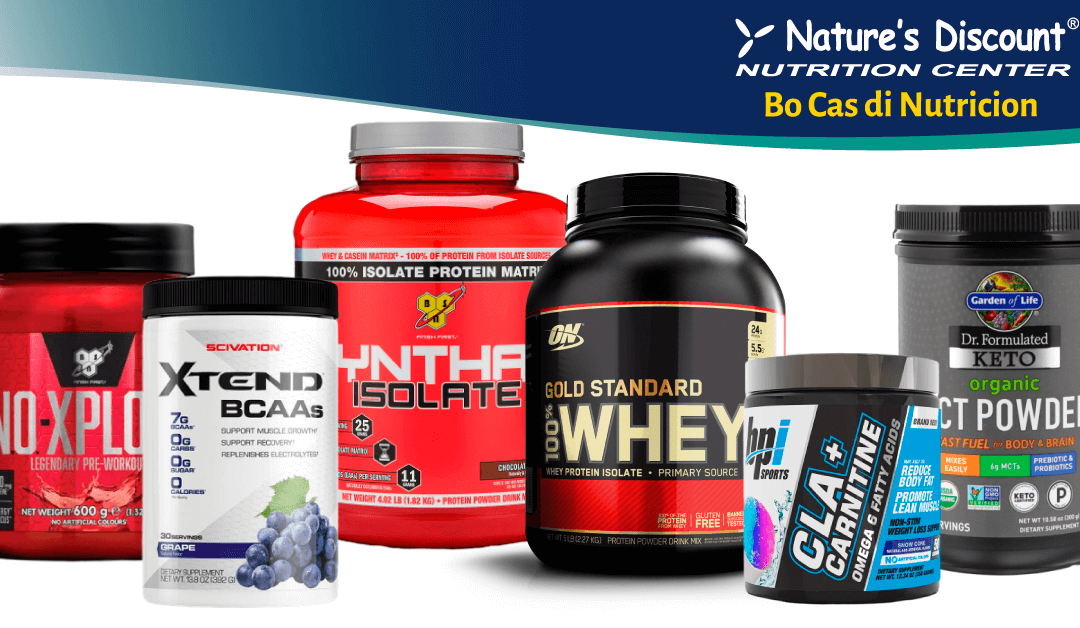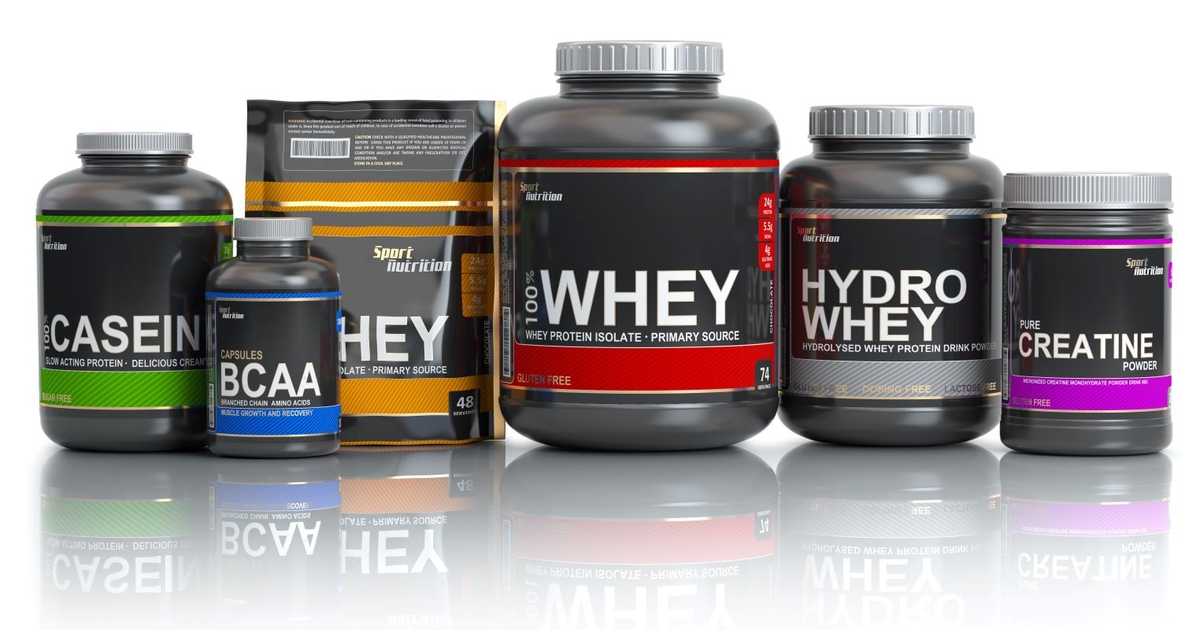What Does Sports Nutrition Mean?
What Does Sports Nutrition Mean?
Blog Article
Unknown Facts About Sports Nutrition
Table of ContentsExcitement About Sports NutritionIndicators on Sports Nutrition You Need To KnowTop Guidelines Of Sports NutritionFacts About Sports Nutrition RevealedSports Nutrition - Questions
WPH is a type of WP that is much easier for the digestive tract to absorb. Females taking WP or WPH revealed a substantial reduction in body fat compared with the females that did not take WP. Ladies taking WPH showed the greatest reduction in weight, BMI, and body fat. Muscular tissue mass did not alter considerably in any team.

A of the scientific literature concluded that protein powder's advantages for weight loss are unclear, and more research study is required. Lots of athletes and fitness center lovers eat protein shakes due to the fact that they believe they will help them bulk up after stamina training.
Protein supplementation was similarly effective in males and women. Nevertheless, the efficiency may lower with age, as older adults have greater healthy protein needs than more youthful people. The scientists additionally kept in mind that as soon as healthy protein went beyond 1.6 grams (g) per kilogram (kg) of body weight (or 0.73 g per pound (pound) of body weight), the individuals did not experience any type of fringe benefits.
The Main Principles Of Sports Nutrition
shows that athletes with an extreme training regimen might gain from having concerning twice the daily suggested intake of protein, ranging from 1.4 to 2.0 g per kg of body weight. This is equal to 111 to 159 g each day for a person that weighs 175 pound. There are a number of various kinds of healthy protein powder.
Typical types of protein powder consist of:: This water-soluble milk healthy protein is popular among athletes. It is a "complete" healthy protein that contains all of the amino acids that the body calls for from food. The body takes in whey healthy protein quickly and easily.: This type of protein is abundant in glutamine, an amino acid that may accelerate muscle mass recuperation after exercise.
The body digests this healthy protein a lot more gradually, so it might be best to take it at night.: Soy healthy protein is an outstanding choice to whey or casein for people who do not take in milk. It additionally contains all the necessary amino acids.: Many plant-based protein powders include pea protein, which is a top quality option to soy- and dairy-based proteins.
7 Easy Facts About Sports Nutrition Described
Many individuals recommend taking it after workouts, however research study findings are inconclusive due to studies creating conflicting results. A 2018 research reported that taking protein supplements with meals is much more effective for weight monitoring and minimizing fat mass than taking them between dishes. On the other hand, a located that taking in 30g or 60g of protein post-exercise increased healthy protein synthesis over a 24-hour duration - Sports Nutrition.

Learn more about anabolic steroids, including what they are, utilize amongst professional athletes, interactions, safety and security concerns, and much more.
:max_bytes(150000):strip_icc()/Health-BenefitsofCreatine-Horizontal-V5-e6123e44efe94d8ab2d1544dcb6a1ad5.jpg)
Not known Incorrect Statements About Sports Nutrition
Water might leave with the skin when people sweat. Huge amounts of water leave in the read review kind of urine. Individuals may also lose water through their lungs when they take a breath. Despite the fact that water is important to the body, the body can not produce its own water. As a result, people must maintain up a regular and consistent intake of water throughout the day to renew lost water and prevent dehydration (an absence of water in the body). The human demand for water is even a lot more important for athletes because applying physical energy at a sport is most likely to increase sweating.
These nutrients are generally acquired from food, not water. Some of the most essential consist of carbohydrates, healthy proteins, and fats. Professional athletes might also use a variety of various other dietary resources, consisting of vitamins and supplements, to aid them reach their goals. Discovering a healthy and balanced equilibrium of these nutrients, tailored to one's individual characteristics and athletic activities, is critical for enabling an athlete to succeed and stay healthy.
Carbohydrates, or carbohydrates, are discovered in foods such as bread, fruits, cereal, rice, pasta, and lots of veggies. Carbohydrates include starches and sugars that the body's systems develop into glucose, or energy-giving fuel. The body could use this fuel quickly or save it in the muscle mass and liver for later use.
For these reasons, athletes should beware to equilibrium healthy protein intake among their other dietary demands. For several people, fats have a negative undertone, and many believe that a major goal of sports and health and fitness is to minimize fat. Nevertheless, fat is a necessary nutrient for the health of professional athletes and all peopleit should just be see here ingested attentively and in small amounts.
The 8-Second Trick For Sports Nutrition
The proper food consumption can supply big quantities of beneficial vitamins, minerals, and other much-needed nutrients to the body. Nonetheless, numerous professional athletes and others look past food in their quest to take in adequate amounts of nutrients. Many usage supplements, which are specified by the Food and Medication Management (FDA) as dietary nutrients that come in types apart from food; they commonly come as pills, pills, or powders.
Lots of professionals support the careful usage of supplements to meet the body's daily need of even more than forty nutrients. Specialists think that athletes and others should strongly focus on obtaining their nutrients from food instead check than supplements.
Report this page